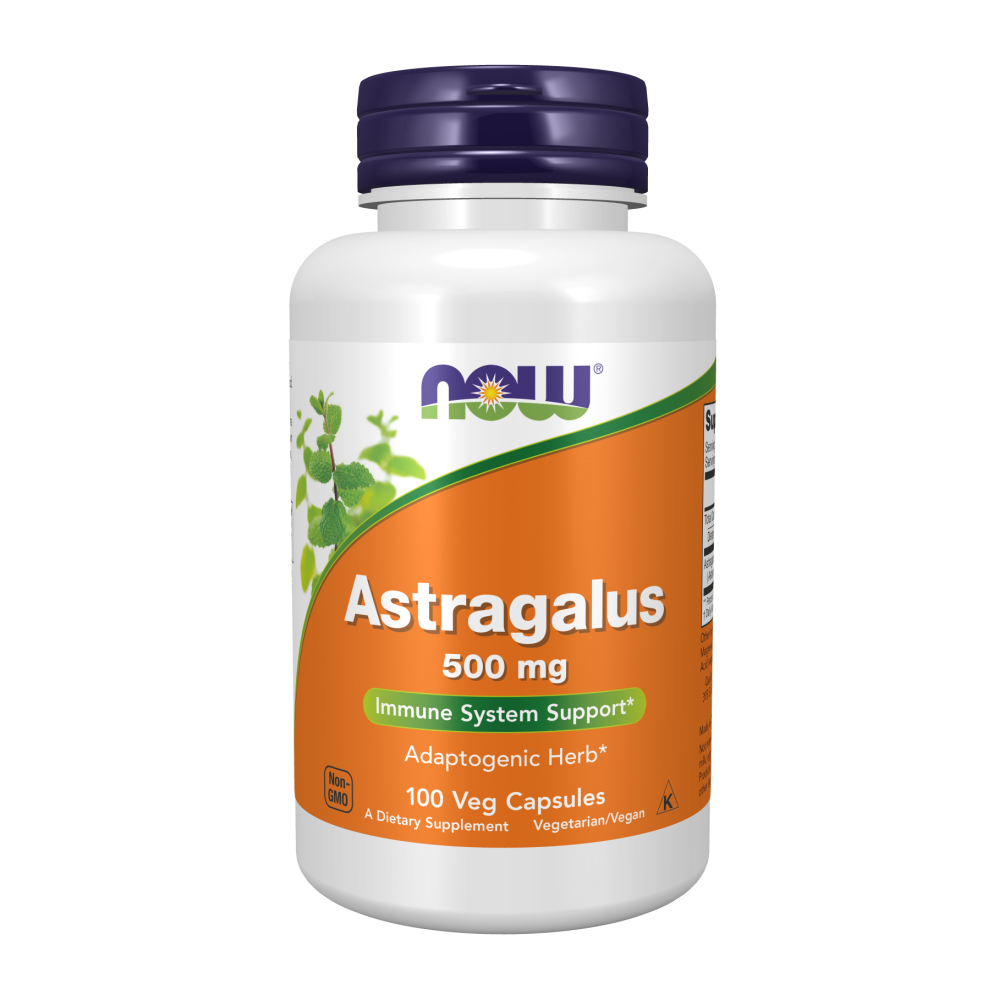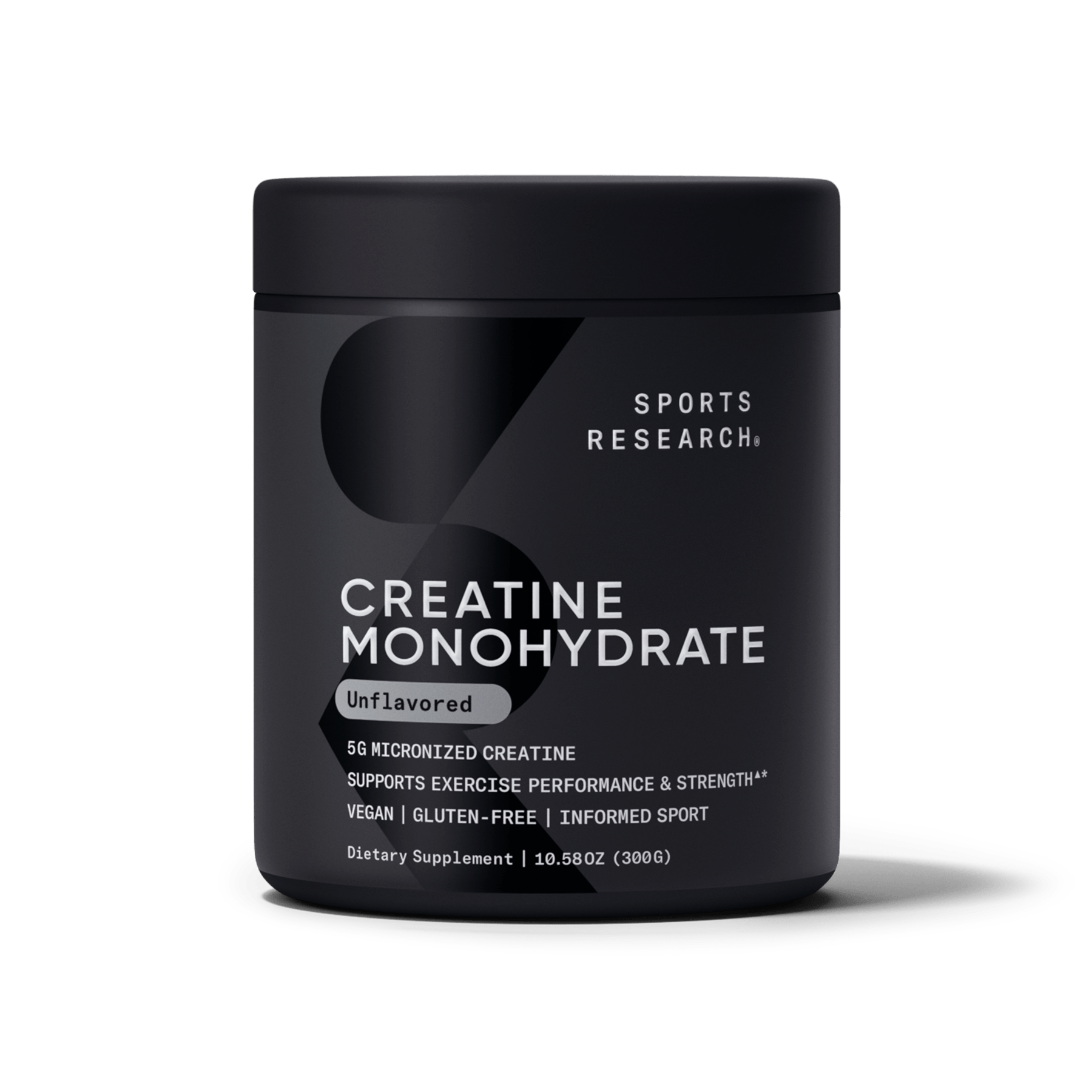
Sleeping well directly affects both your mental and physical health. While most people know how important sleep is and how much better they feel after getting adequate sleep, when life is busy it often quickly becomes a last priority.
Melatonin is a helpful supplement that works with your body’s sleep-wake cycle, and helps you get sound, quality sleep.
Let’s take a look at what exactly melatonin is, and what melatonin supplement is right for you.
WHAT IS MELATONIN?
Melatonin is a naturally-occurring hormone produced by the pineal gland. Darkness prompts the production of melatonin making you drowsy, and light causes the production to stop, allowing you to wake up. In this way it helps to regulate the body’s circadian rhythm, also known as your body clock.
SHOULD YOU TAKE MELATONIN SUPPLEMENTS?
Although melatonin is produced naturally by the body, there are many things that can interfere with the production of melatonin, such as the high-energy blue light from your screens, jet lag, or irregular shift work.
The amount of melatonin our bodies produce can also lessen with age. This lack of melatonin may affect a person’s ability to relax at night, fall asleep, or sleep throughout the night.
Melatonin is a well-studied ingredient, and the research supports its positive role in supporting sleep. Studies have found that increased supplementation can reduce the amount of time it took subjects to fall asleep and increase sleep duration.
WHAT IS THE BEST TIME TO TAKE MELATONIN SUPPLEMENTS?
Regulating your biological clock after your sleep schedule has been disrupted requires attention to timing. You should take melatonin supplements about 30 minutes to an hour before you want to fall asleep.
Generally a few hours before bedtime, it is also recommended to stop looking at blue-light screens and practice relaxation techniques before you try and sleep.
CAUSES OF POOR SLEEP
Unfortunately, there are many causes of poor sleep. Here are some of the most common:
- Stress: The body’s physical response to stress contributes to hyperarousal, and mental stress can have the same effect. The inability to sleep may itself become a source of stress, making it increasingly harder to break the cycle of stress and insomnia.
- Irregular sleep schedules: Jet lag, shift work, or a busy schedule can cause a misaligned circadian rhythm.
- Lifestyle choices: Using your phone or electronic devices before bedtime, napping late in the afternoon, or using your bed for activities besides sleep can all cause poor sleep. Caffeine, nicotine, and alcohol can also prevent sleep or cause fragmented, non-restorative sleep.
CHOOSING THE RIGHT MELATONIN SUPPLEMENT FOR YOU
There are many different forms and dosages of melatonin available on the market today that can help you fall asleep faster when experiencing occasional sleeplessness. These include a sleep spray, liquid, gummy or most commonly, a melatonin tablet which offers 3 mg, 5 mg, or 10 mg dosages. Our recommended melatonin supplements are:
Natrol Advanced Sleep Melatonin 5 mg Tablets
The #1 melatonin brand in America and a night-time sleep aid that assists with occasional sleeplessness. It helps to establish normal sleep patterns to give you a more restful, relaxing sleep and in turn, better overall health.
Biovea Melatonin 10 mg Tablets
Promoting healthy sleep patterns, this supplement is also shown to help combat insomnia, enhance sleep quality, fight jet lag symptoms, support healthy ageing, support mood & mental health, and may help decrease ocular pressure.
Chapter One by Zahler Kids Sleep Gummies
These fun-flavoured gummies provide children with a great blend of ingredients in a great tasting gummy which will have them begging for more. Each gummy contains 2.5 mg of melatonin to support a restful and quality sleep.
ADDITIONAL STEPS TO IMPROVE YOUR SLEEP QUALITY
1. CRAFT A PRE-BEDTIME ROUTINE
The hours leading up to when you go to sleep can affect the quality of your rest. Here are a few things you may want to add to your bedtime routine:
- Listen to music: 62% of people listen to music to help them sleep. The genre isn’t important, so long as the music relaxes you.
- Stretch and breathe: Relaxation techniques like deep breathing exercises or progressive muscle relaxation (PMR) can allow you to let go of physical and mental tension by instead focusing on your body and mindfully relaxing. A daily yoga routine has been shown to improve sleep quality.
- Write a to-do list: One study found that taking a few minutes to jot down a to-do list for the next day significantly sped up sleep onset.
- Take a warm bath: Scientists have found that mimicking that nighttime drop in body temperature via a warm bath can trigger a similarly sleepy reaction. Consider taking a warm bath about an hour before you go to sleep. Your body will heat up from the water, and cool down quickly as the water evaporates, creating a sensation that makes you feel tired and relaxed.
2. TURN OFF YOUR SCREENS
Although many people like to fall asleep after scrolling through news feeds or catching up on social media, the blue light from your screens can inhibit the production of melatonin, making it harder for you to fall asleep. Instead, try putting your phone away an hour before bedtime, and read a book or listen to soothing music instead.
3. CREATE A SLEEP-INDUCING BEDROOM
An essential part of improving your sleep is making your bedroom a place of comfort and relaxation. A quality mattress, pillow, and bedsheets can help you more comfortably relax. If your space is not as quiet as you need, try using a white noise machine to drown out disruptive sounds, and blackout curtains to keep light from disrupting your sleep. Finally, introducing pleasant aromas, such as lavender, can help soothe you as you fall asleep.
MELATONIN FAQS
DOES MELATONIN HELP WITH JET LAG?
Melatonin is a common and effective treatment for symptoms of jet lag.*
A 2002 article reviewed 10 studies of melatonin as a treatment for jet lag and found that in 9 out of 10 studies, melatonin decreased jet lag in people crossing five or more time zones. The decrease in jet lag was seen when melatonin was taken close to the local bedtime at the destination.
IS MELATONIN A SLEEPING PILL?
Unlike sleeping pills, melatonin is a naturally occurring brain hormone. Melatonin supplements do not require a prescription. Sleeping pills, on the other hand, are usually prescribed by a doctor for people suffering from sleep disorders. Sleeping pills are generally only recommended for a short period of time —between two weeks to two months.
If unsure, be sure to check with your healthcare practitioner to see which option is best for you.
SHOULD I TAKE MELATONIN WITH WATER?
Melatonin supplements come in many forms, including liquids, dissolving tablets, capsules, and more. Tablets or capsules should always be taken with water. If in doubt, always follow the “Suggested Use” directions on your supplement label.
For best results, take melatonin 30 minutes before bedtime to help you fall asleep.
KEY TAKEAWAYS:
- Melatonin is a naturally-occurring hormone produced by the pineal gland that helps regulate the body’s sleep-wake cycle
- Taking melatonin supplements can help restore your sleep schedule after interruptions such as blue-light exposure, shift-work, or jet-lag.





